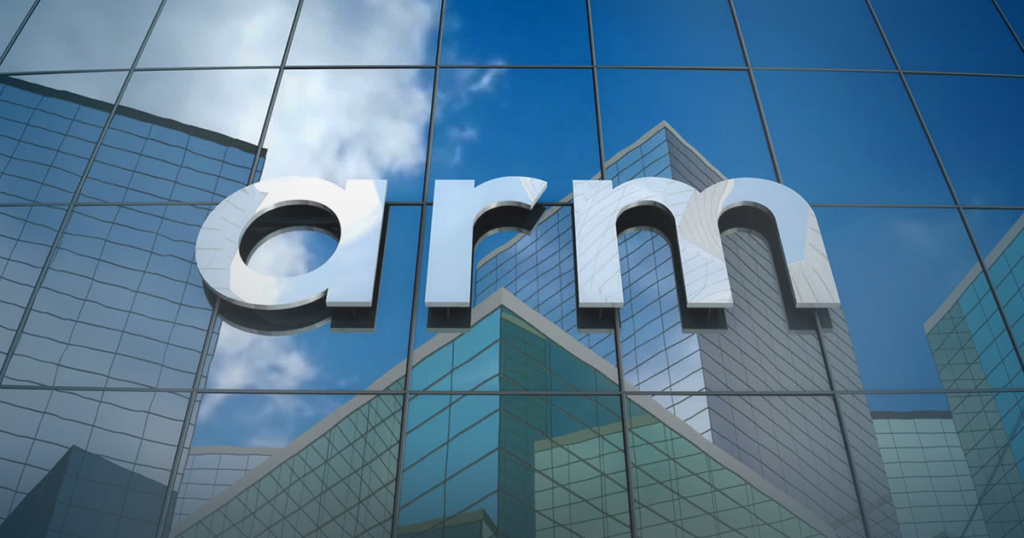According to people with knowledge of the situation, ARM’s record-breaking initial public offering (IPO) received a staggering 12 times more interest than projected and may now trade at a price of $52 per share.
On September 14, the CEO of Softbank Group, Masayoshi Son, was in San Francisco, where he participated in a conference call with his bankers located in New York, The main reason for this conference call was to decide how to proceed with his company’s most valuable asset: chip designer ARM Holdings (ARM.O).
The bankers, who were based in the Raine Group offices, the offices of SoftBank’s financial advisor, asserted that it would be preferable to leave about an additional $1 per share on the table, or roughly an additional $1 billion.
When ARM makes its Nasdaq debut on Thursday, they said that doing so might result in a significant price increase, expecting it might trade between $57 and $62 depending on the influence of investors’ demand.Son succumbed to the bankers’ advice, lowering the price of ARM to a total of $54.5 billion.
Information regarding the IPO pricing decisions is based on interviews with three people who were present for the closed-door discussions. They revealed new information about the reasons SoftBank used an aggressive approach to value ARM in the IPO, along with previously disclosed talks.
Last month, SoftBank, which controls 75% of ARM, agreed to pay $64 billion to acquire the remaining 25% from its $100 billion Vision Fund. SoftBank made this choice out of concern that the remaining Vision Fund holding in ARM would cause ARM’s shares to decline after the IPO as it strives to quickly cash out.
SoftBank, which had earlier tried to put up a new private equity fund to increase the fund’s returns, has currently approved the deal.According to news sources, Public Investment Fund (PIF) of Saudi Arabia and Mubadala of Abu Dhabi, among other investors, were eager to exit SoftBank after suffering losses on several of their prior investments in the company.
Requests for comments from ARM, SoftBank, PIF, Mubadala, and Raine spokespeople were either rejected or did not receive an instant response.

SoftBank has guaranteed investors that it will continue to hold a majority stake in ARM to deepen its long-term partnership with the company. In addition, despite promoting the shares after the IPO was oversubscribed, it has chosen against to sell more than 9.4% of them.
SoftBank warned IPO investors:
According to a regulatory filing, SoftBank warned IPO investors that the $64 billion valuation with the Vision Fund was made “with reference to the terms of the initial deal” and should not be interpreted as an assessment of ARM’s true value. The specifics of this agreement’s provisions were kept confidential.
The Vision Fund had a new spike in profits in the most recent quarter, including gains from several firms it had invested in, thanks to investors’ enthusiasm for artificial intelligence.
When SoftBank attempted to find outside investors for Vision Fund 2, which has $56 billion in money, coupled with oversight from a Japanese company, including Son, last year, regulators objected.
In contrast to the $40 billion arrangement to sell ARM to Nvidia Corp, (NVDA.O), the $54.5 billion valuation of ARM’s IPO constitutes a victory for SoftBank after it abandoned the proposal last year due to regulatory scrutiny. In 2016, SoftBank paid $32 billion in private funding to acquire ARM.
The business strategy of ARM, which licenses designs rather than produces processing systems, has proven to be more durable than that of the larger chip industry. Its technology generates royalty-based income streams in data centers and cellphones all around the world.
The demand for smartphones has gradually decreased, although it has had some little bit effect on ARM’s profits. Investors are looking at ARM’s display with China as a result of geopolitical difficulties with the United States, which has led to an effort to ensure the chip’s supply.


Leave a Reply